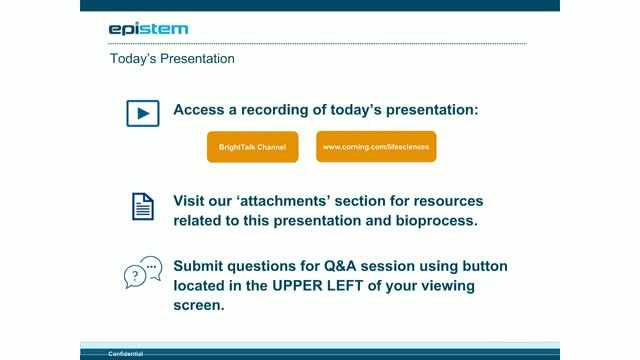Title: The Use of Multi-species Organoids as a Pre-clinical Screen to Assess Gastrointestinal Toxicity
The small intestinal organoid model (Sato, et al. 2009) incorporates many of the physiologically relevant features of the in vivo intestinal epithelium, including the presence of all the differentiated cell types and the regenerative progenitor cells. We have validated the organoid model as a screening tool to predict GI toxicity (a common and often severe dose-limiting side effect of chemotherapy) and subsequent mucosal regeneration in four species: mouse, rat, canine and human. Using minimal amounts of drug candidates, these assays are much quicker to perform than in vivo models but have been shown to be highly predictive of the in vivo response. Readouts can include viability and proliferation, but also can include more detailed mechanistic information via gene expression profiling (Next Generation Sequencing), immunohistochemistry, in situ hybridisation (RNAscope), and cytokine profiling.
Speaker Bio:
Dr Valentina Ubertini completed her Ph.D. researching the relationship between p53 and the anti-inflammatory cytokine sIL-1Ra at Regina Elena National Cancer Institute, Rome, Italy. She then moved to the Cancer Research UK Manchester Institute to investigate the regulation of inflammatory genes modulating the prostate cancer microenvironment. This experience, using a variety of 3D cell culture models (organoids, spheroids) of both primary cells and cell lines, led her to Epistem, Manchester, UK (a company with a history of providing a range of high quality pre-clinical gastrointestinal research services), to lead a team developing a range of intestinal organoid assays as predictive toxicity screens for novel therapeutics.
